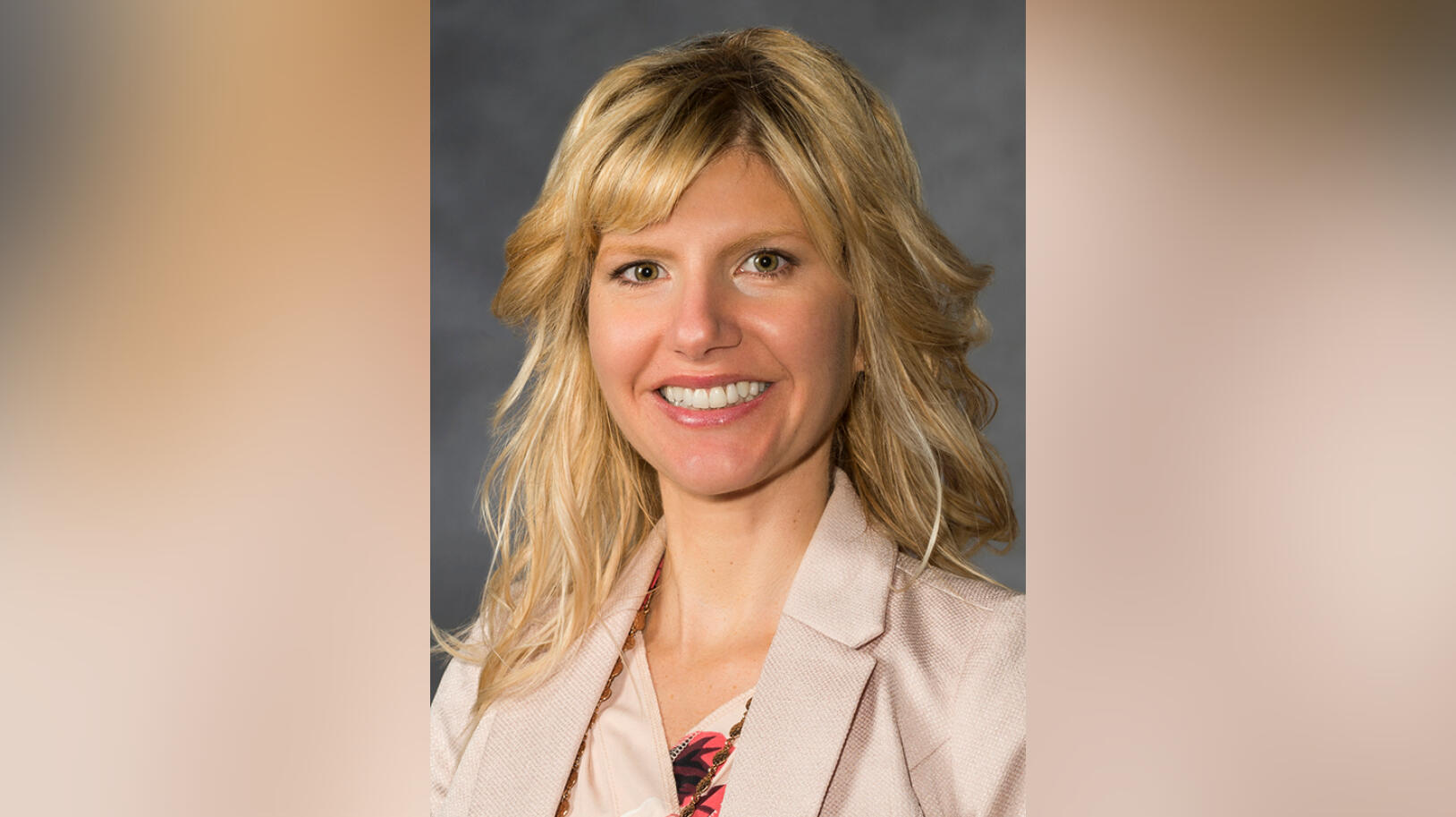
March 20, 2024
VCU expert: Record Clery Act fine is ‘a wake up call’ to all colleges on campus safety
Wilder School’s Christina Mancini offers insight into the recent Department of Education case – and what schools should learn.
Share this story
In a decision that has reverberated across higher education nationwide, the U.S. Department of Education levied a record $14 million fine against Liberty University this month for its mishandling of sexual assault cases and other crimes. The penalty was imposed under the Clery Act, a federal law that requires universities participating in federal financial aid programs to report campus crimes, improve campus safety and ensure the rights of victims.
The investigation into Liberty uncovered “systemic and persistent” failure to comply with campus safety laws, including discouraging victims from reporting sexual assaults and failing to provide timely warnings to the campus community about potential threats.
At the L. Douglas Wilder School of Government and Public Affairs at Virginia Commonwealth University, associate professor Christina Mancini, Ph.D., has published over 40 studies in areas including sex crime, victimization, campus crime, public opinion, and law and is the author of the scholarly book “Sex Crime, Offenders, and Society: A Critical Look at Sexual Offending and Policy, 2nd Edition.”
Mancini offered insights into the new developments and recommendations for how institutions can better serve their communities and ensure a safe environment for learning and personal growth.
Is the size of the Liberty fine surprising?
The DOE’s penalty was somewhat surprising but aligned with expectations, given the serious nature of the findings. Initial discussions around the investigation hinted at a possible $37.5 million fine, indicating the severity of the violations. The eventual fine, while unprecedented, may reflect a combination of negotiations and Liberty University’s efforts to proactively address the identified issues.
This penalty is part of a growing trend where financial penalties for noncompliance with the Clery Act are becoming more significant, serving as both punitive and deterrent measures to ensure universities uphold safety and reporting standards.
What broad lessons should universities learn from this case?
The DOE’s recent action serves as a wake-up call to institutions everywhere, underlining the grave consequences of not only failing to comply with federal safety laws but also not adequately addressing the underlying issues that deter victims from coming forward. The core lesson here extends beyond the financial penalty – it’s a stark reminder of the systemic challenges in encouraging sexual assault reporting among students.
Many victims remain silent due to fears of not being believed, concerns about confidentiality or the potential for further trauma through the reporting process. As a result, universities must work diligently to create an environment where students feel supported and confident in reporting incidents. This involves not just implementing transparent and accessible reporting mechanisms but also fostering a campus culture that is emphatically supportive of survivors. Education, awareness campaigns and regular training for staff and students alike can play a pivotal role in changing perceptions and attitudes toward reporting sexual assaults.
Moreover, institutions should continually assess and refine their policies and practices in light of evolving understandings of what constitutes effective support and prevention.
Colleges may have internal policies, such as honor or religious codes, that can scrutinize victims. How can schools reconcile them with Clery Act requirements to ensure fair treatment and encourage reporting of sex crimes?
To navigate the delicate balance between internal policies and Clery Act compliance, universities must prioritize comprehensive training for disciplinary review boards and the entire campus community. This training should explicitly address how internal codes interact with legal obligations to report and respond to sexual assaults.
An essential part of this approach includes implementing and communicating amnesty policies, which protect victims from being penalized for minor policy violations, such as underage drinking, at the time of an assault. Such policies are crucial in eliminating barriers to reporting by ensuring students that coming forward won’t result in additional scrutiny or punishment related to the incident.
Ultimately, the goal is to foster a campus culture that encourages survivors to report incidents by assuring them of a fair, supportive and nonpunitive process. Education about roles, responsibilities and the support available must be clear to all members of the community, underscoring the institution’s commitment to safety and compliance over the preservation of image or adherence to codes that may dissuade victims from seeking help.
What strategies have proven effective in improving campus safety?
Campus climate surveys offer a truer measure of sexual assault prevalence. Bystander intervention programs and comprehensive education that begins before college have shown efficacy. The emphasis should be on changing the broader culture and targeting high-risk groups with specialized education.
What indicators suggest success in campus safety initiatives?
Key indicators include positive public attitudes toward the university’s response and a culture that actively supports and promotes the reporting of incidents. An integral part of this is the perception among students, faculty, university employees and advocates regarding their safety on campus. It’s crucial to assess whether students report feeling less fearful of assault, confident in their ability to report incidents and supportive of others who may have been assaulted.
A longer version of this Q&A is available on the Wilder School’s website.
Subscribe to VCU News
Subscribe to VCU News at newsletter.vcu.edu and receive a selection of stories, videos, photos, news clips and event listings in your inbox.










